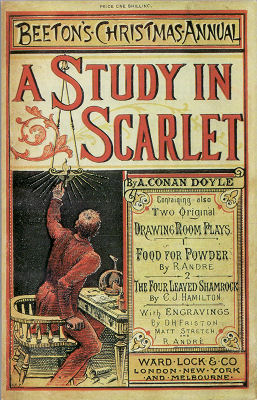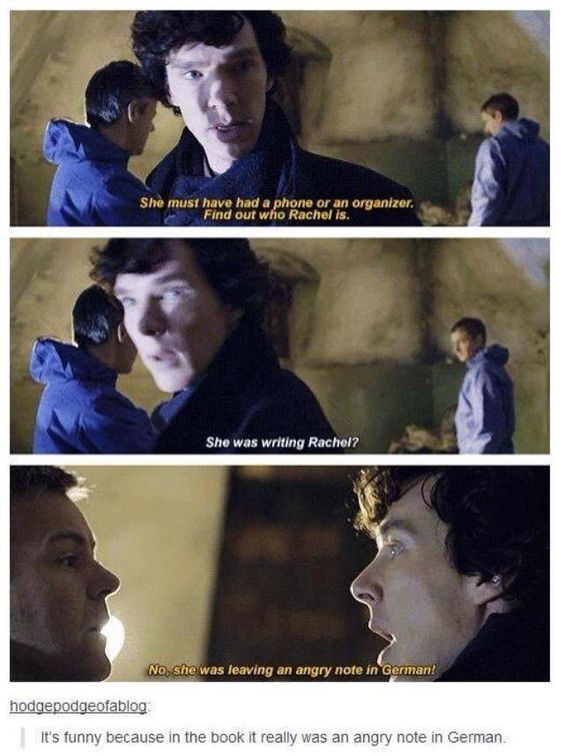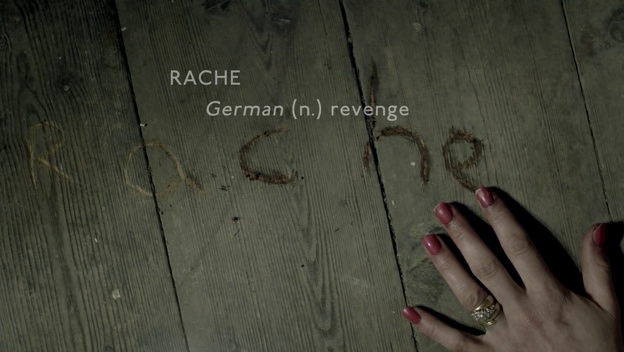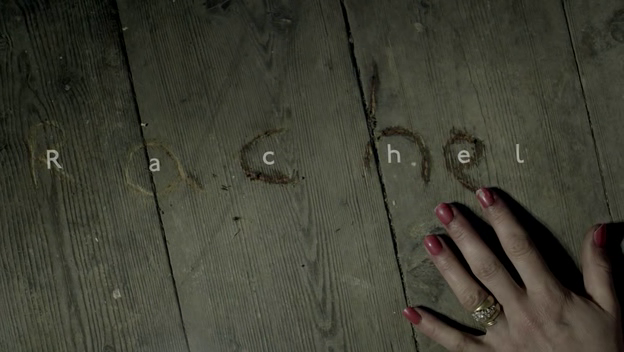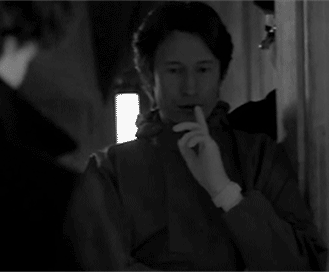In A Study in Pink the victim claws "Rache" into the floor before she dies. The forensic expert Anderson then suggests to Sherlock that it was German for "revenge". Sherlock then ignores this and says it was supposed to be "Rachel". Why doesn't Anderson make the same assumption?
There was nothing in the apartment to suggest that she was German and writing a name would be more common than writing a cryptic message in a different language so why did Anderson immediately jump to "revenge"?
(My theory: it's intended to make Sherlock look cleverer than the police)

